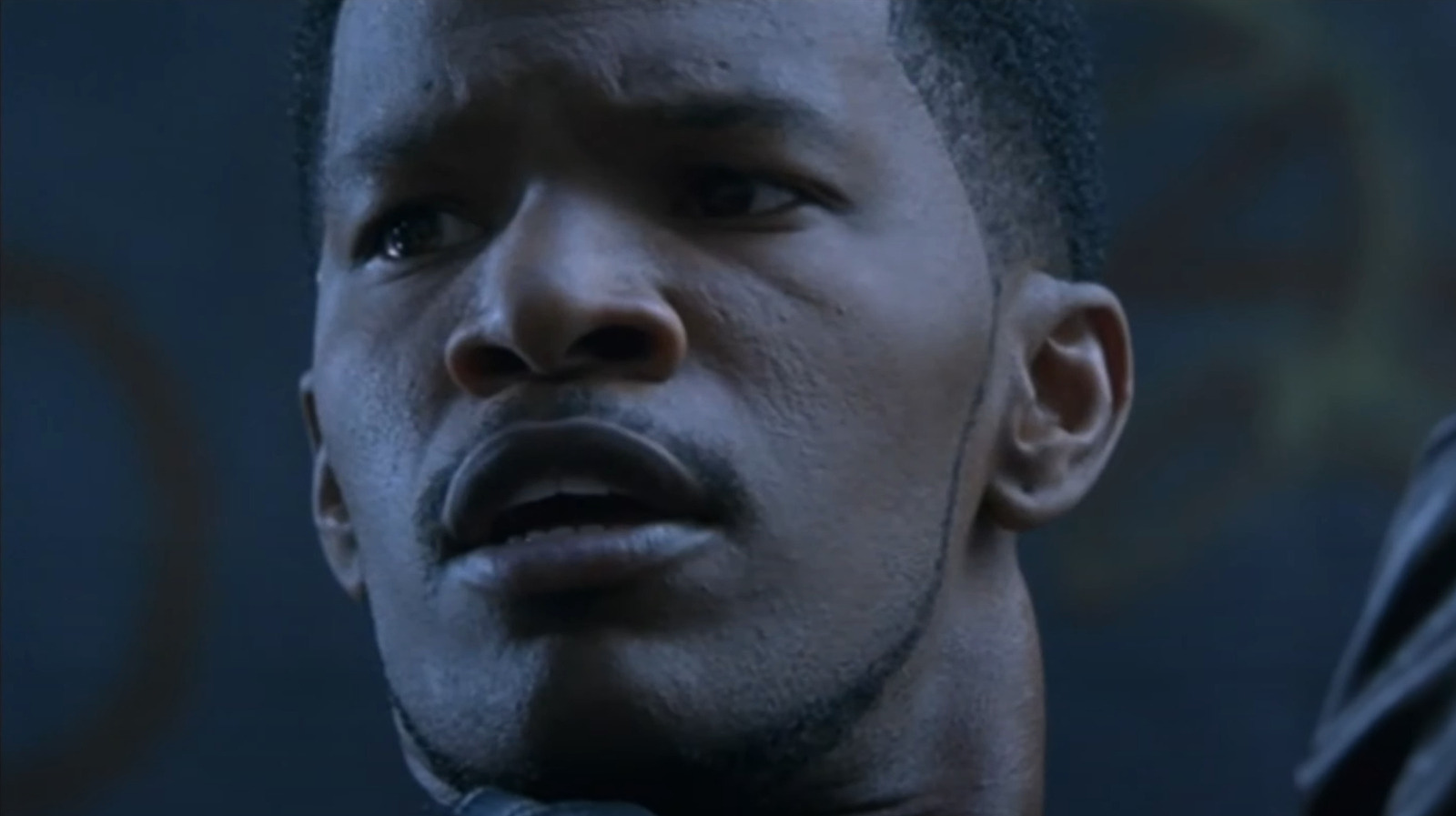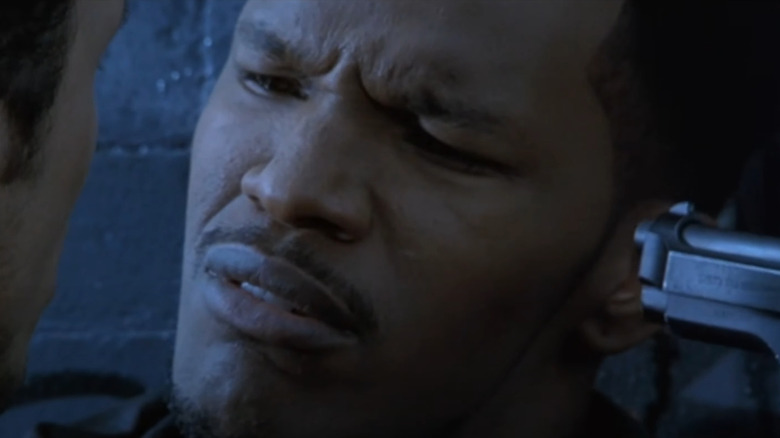there may never be another “Andor,” as its presence within the “Star Wars” franchise has set an anomalous storytelling standard like no other. Gilroy seems to understand the nuances of a world at the mercy of corrupt Imperial rulers, wherein the average civilian must choose to rise up, take a stand, and fight back against tyranny. There are no flashes of lightsabers or vague prophecies; only a faint hope that the right to freedom is a contagious (and spontaneous) idea. The show is also one of the few instances in which a prequel retroactively makes its successor better, as “Rogue One: A Star Wars Story” is now more heartbreaking and fleshed out thanks to “Andor.”
Apart from penning the scripts for the first three “Bourne” films (and directing the fourth entry), Gilroy previously teamed up with writers Andrew and Adam Scheinman to pen “Bait,” the 2000 action-comedy starring Jamie Foxx. It didn’t do well at the box office at all, grossing a mere $15.5 million against a production budget of $51 million. Needless to say, this massive financial failure cost Warner Bros. a ton of money, and the fact it received mixed-to-negative reviews didn’t do “Bait” any favors either. The writers, including Gilroy, cannot be held completely responsible for the outcome though, as director Antoine Fuqua (who has made gripping, kinetic films like “Training Day”) later admitted that he wasn’t particularly passionate about the project to begin with. This is also understandable, as not every directing job can be a passion project and not every script sticks the landing despite the efforts of those involved in crafting it.
While critics took issue with the film’s uninspired music video aesthetics and formulaic structure, they were unanimously positive about one aspect: Jamie Foxx. Indeed, the actor’s turn as the movie’s protagonist, Alvin Sanders, is undoubtedly impressive, as it salvages Fuqua’s film from being unwatchable. At this point, Foxx had yet to establish himself as a gifted dramatic performer, though he would go on to impress everyone even more with “Ali” (which was released in 2001), followed by his electrifying work in Michael Mann’s “Collateral” three years after that.


